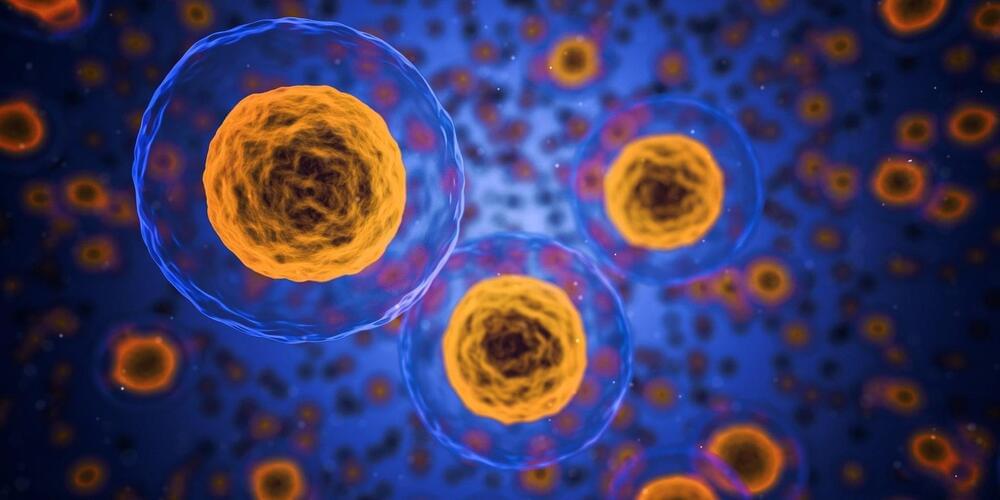A study from researchers at The University of Texas MD Anderson Cancer Center, published today in Nature Cell Biology, details a previously unexplained type of cell death called disulfidptosis that could open the door for novel cancer therapeutic strategies.
As described in the study, disulfidptosis is triggered when cells with high levels of the SLC7A11 protein are subjected to glucose starvation. In preclinical models, treatment with glucose inhibitors induced disulfidptosis in cancer cells with high SLC7A11 expression, effectively suppressing tumor growth without significant toxicity in normal tissues.
The study was led by Boyi Gan, Ph.D., and Junjie Chen, Ph.D., both professors of Experimental Radiation Oncology.










Comments are closed.